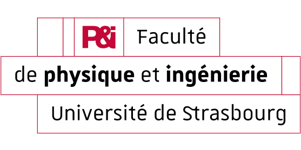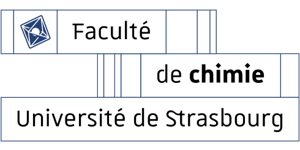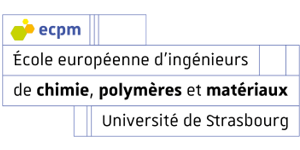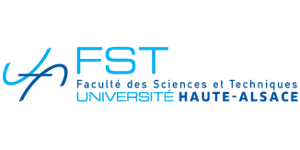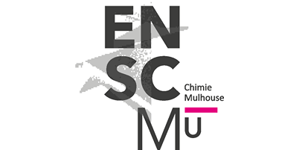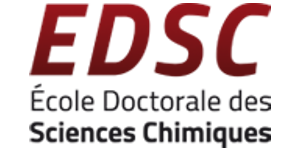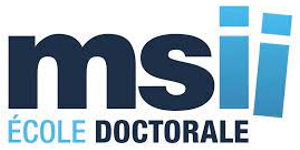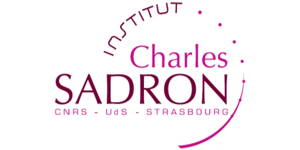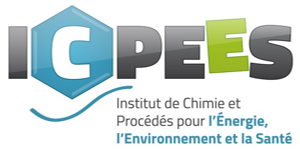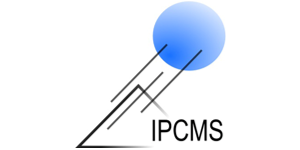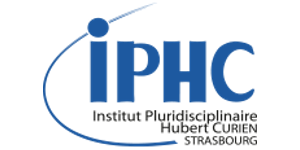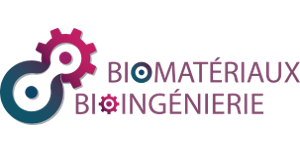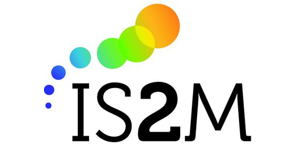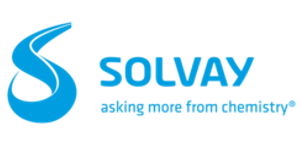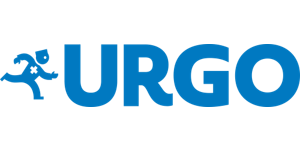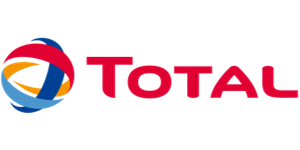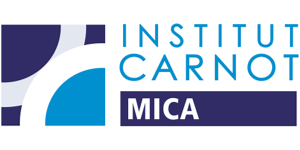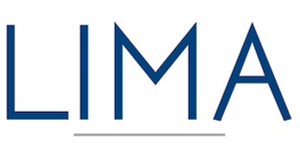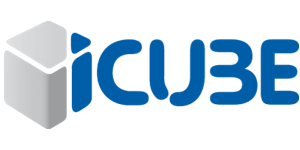Mentoring of Master students is an integral part of the Egal'ITI committee's actions. But how does it work, you ask?
First of all, our individual mentoring program is totally voluntary: each student can choose his or her mentor among the members of the Egal'ITI committee. The mentor will be there, at the mentee's request, to help during the academic year. The mentor is there to listen and to give advice when needed to succeed in the HiFunMat training. The mentor can also offer an easier access to the HiFunMat network of scientists by, for example, organizing a visit to his or her laboratory.
As the members of the Egal'ITI committee have very different backgrounds, you will have no problem finding a good match.
You can directly consult their profiles below, or download them here
So don't hesitate to contact them!


